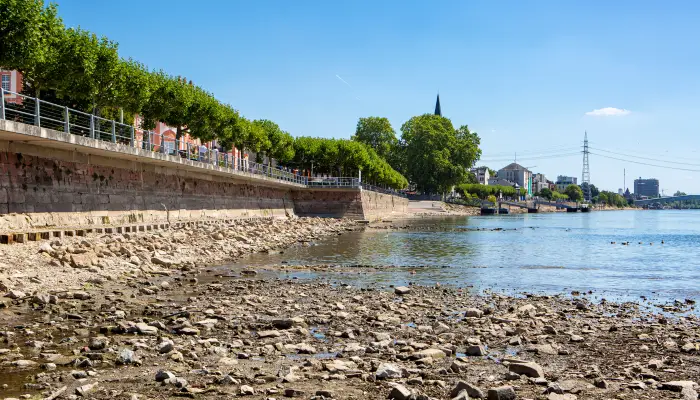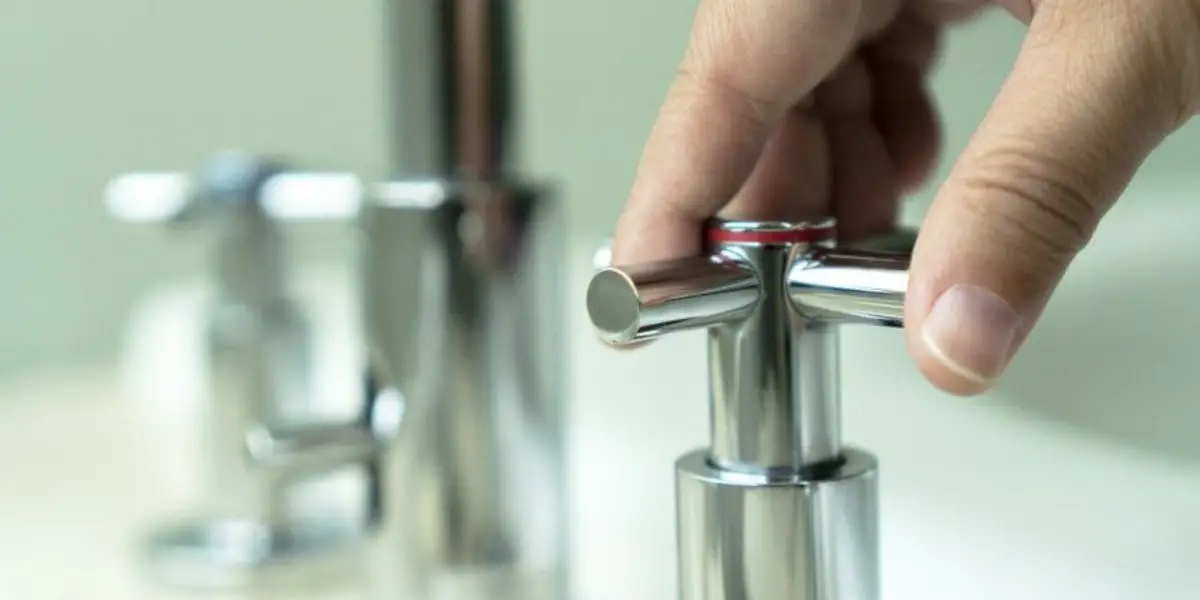We need to be more water aware and we need to use water wisely, or we risk placing parts of this country under severe water stress.
Last March, the Environment Agency warned that the UK could see water shortages by 2050 if action is not taken to conserve supplies. Collectively, the UK sends a fifth of its water supply down the drain and the average consumer in England and Wales uses 142 litres of water a day.
But the responsibility for tackling this doesn’t solely lie with water providers. With water management being revamped in response to the climate crisis, now is the time for collaboration across industries, government and down to every individual in the UK. It boils down to two points: we need to be more water aware and we need to use water wisely, or we risk placing parts of this country under severe water stress.
Today marks the start of Water Saving Week. It’s a time to celebrate this natural resource but also, more pressingly, to raise awareness of its scarcity and the issues around water use and to share solutions for saving water and maintaining its efficient use.
A smart solution – how we’re helping the industry
Every day, 2.9 billion litres of water are lost to leakages. This makes up an astounding 20% of the public water supply. Leakages mean more water needed in the network, and more energy required to process and transport that water.
This is where smart water metering has become integral. AMI smart water meters collect and present data in near real-time, meaning households and businesses can be much better informed about their water consumption.
In 2020, Thames Water reported that customers with smart meters were using around 17% less water than those without, while Anglian Water Services predicted an 18% reduction in consumption in its forward investment plans thanks to smart metering.
Combatting the climate crisis
Smart metering technology also has a vital role to play in helping the UK meet its net zero targets and ultimately, tackle the climate crisis. According to joint analysis from Arqiva and Waterwise, of the UK’s total greenhouse gas emissions, 6% are estimated to arise through household water supply and use. Of these, 90% relate to water use in the home. The remaining 10% comes from water companies supplying water and removing and treating wastewater. Our calculations reveal that fitting one million smart water meters in the UK each year for the next 15 years could save one billion litres of water a day by the mid-2030s. In turn, this could reduce the UK’s current greenhouse gas emissions by up to 0.5%.
So, what’s next?
Moving metering to the mainstream
Calling for a mandate for the universal rollout of smart water meters by 2035 is the first step towards preventing water shortages. The good news is that this is both achievable and realistic based on current technology and services. On top of this, there’s an urgent need to develop policies which support, rather than hinder, progress towards reducing water use, waste and tackling the associated carbon emissions.
As we approach COP26, the government – and broader industry – has a golden opportunity to improve cooperation on water supply issues, ensuring that environmental and sustainability measures are at the heart of policy going forward. In its journey to achieving net zero by 2030, the water industry and wider society are faced with the challenge of securing the UK’s current and future water supply. It’s ambitious, but the industry is committed to protecting and enhancing the environment and intends to be part of the solution to the climate crisis. This week is a perfect moment of reflection – next time you’re in the shower or brushing your teeth, remember we can all take action to save water.
Views

New research: the risks and opportunities around smart water metering investments

New research: achieving the optimal smart water metering solution

Living with less: planning for a water-scarce future
